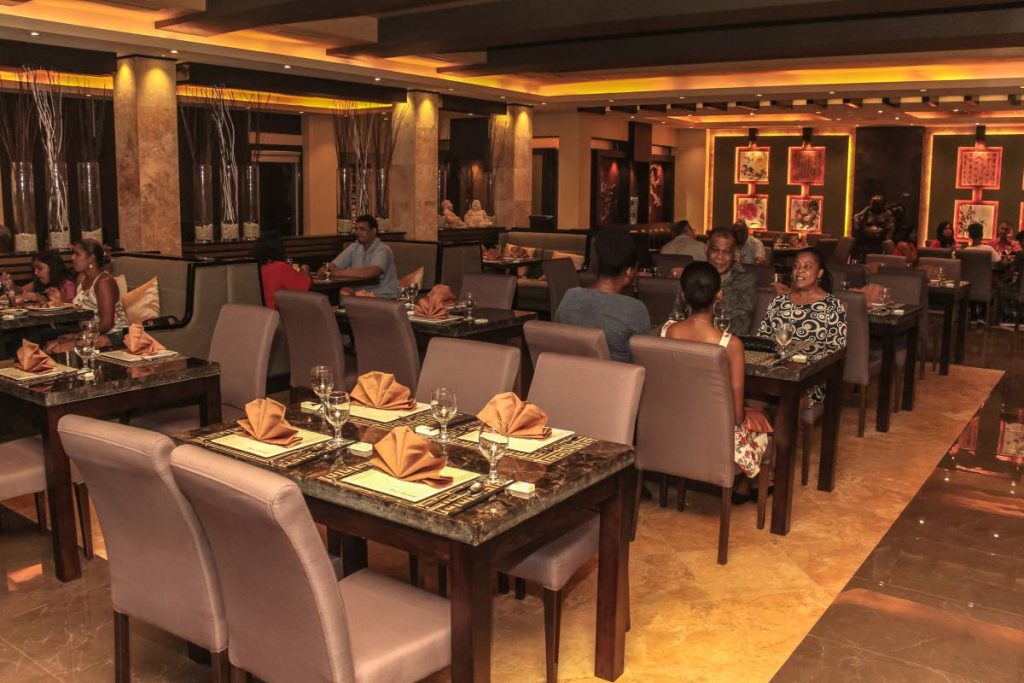Navigating safe zones

The safe zones business model comes into effect today to those businesses willing to comply with the rules of engagement as outlined by the Government
For a restaurant to open for in-house dining, all staff and customers must be identified as vaccinated, have a medical exemption or deferral certificate or a recent negative PCR test.
The initiative targets restaurants, bars, cinemas, gyms, casinos and theatres and is an effort to create communal spaces in which the potential for the transmission of the covid19 virus is reduced through the mutual consent of all participants to accept vaccination as a baseline prophylactic for reducing potential spread.
Trinidad and Tobago isn't the first country to try a safe zone strategy for reopening recreational spaces.
The Ceredigion Country Council in Wales, which oversees four towns, implemented safe zones in July 2020 by closing streets and allowing distanced dining outdoors.
It was a troubled decision, challenged for a lack of consultation and problematic because it caused access problems for the elderly and disabled.
The TT safe zones proposal, an effort to also open business sectors that require social interaction and close proximity, has also come up for early criticism along with a protest at the Royal Princes Casino in San Fernando last Friday, as dissenters to the proposal claim it is state-mandated segregation.
It's a fair comment.
Safe zones are an effort at separating some citizens from others because of their vaccination status or their capacity to prove that they are not currently infected.
It isn't a perfect solution or even a particularly good one, but if there is to be any commercial trade in the businesses that need safe zone status to operate, it's somewhere to start.
There are challenges in making it happen.
Major restaurant chains, including Prestige Holdings and Global Brands won't be ready for in-house dining today and won't be introducing service for at least a week.
Among the challenges for businesses are staff vaccination numbers that are tracking with low national percentages.
TT's vaccination rate lags behind Health Ministry projections, with just 38.4 per cent of the population fully vaccinated.
For other businesses, there will be the challenge of sorting vaccinated from unvaccinated customers. Children under the age of 12, who cannot enter safe zones and cannot be vaccinated, will diminish family participation.
Penalties for failing to comply are severe at $25,000 per incident for businesses and $5,000 per individual for patrons.
But the penalty for a renewed spread of covid19, as we are now all aware, will be even more costly, extracting payment from the economy as well as in human lives.
The safe zone trial should be monitored carefully and compassionately as one path to a reopening of the economy.

Comments
"Navigating safe zones"